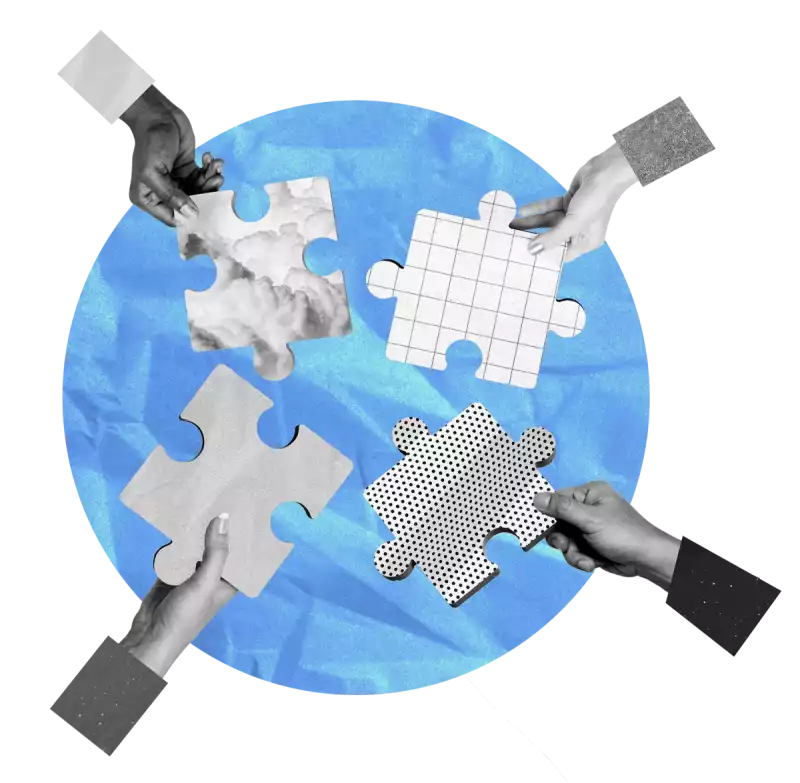Corruption remains high in the region of Eastern Europe and Central Asia. Governments have undertaken many reforms to tackle corruption. However, empirical data and perception surveys show a poor enforcement track record and that countries have not fully aligned their laws with the international standards. This report takes stock of the actions that countries in the region took to address corruption since 2016. It identifies progress achieved as well as remaining challenges that require further action by countries.
The report summarises outcomes of the fourth round of Istanbul Anti-Corruption Action Plan monitoring that covered nine countries in the region: Armenia, Azerbaijan, Georgia, Kazakhstan, Kyrgyzstan, Mongolia, Tajikistan, Ukraine and Uzbekistan. The Istanbul Anti-Corruption Action Plan is an initiative of the OECD Anti-Corruption Network for Eastern Europe and Central Asia (ACN).
The report analyses three broad areas of anti-corruption work, including anti-corruption policies and institutions, criminalisation of corruption and law-enforcement, and measures to prevent corruption in public administration and in the private sector. Examples of good practice from the OECD and other countries and comparative cross-country data help to illustrate the analysis. The report also reviews the role that the OECD/ACN played in supporting anticorruption efforts in the region.
Published
Countries
Related publications
Guidelines, Report
Engaging the private sector in Collective Action against corruption: A practical guide for anti-corruption agencies in Africa
2024 | Basel Institute on Governance
Guidelines
Engaging the private sector in Collective Action against corruption
2022 | Basel Institute on Governance
Article, Commissioned study, Report
The G20’s responsiveness to B20 anti-corruption recommendations 2010–2017. Part I: Baseline report
2020 | Basel Institute on Governance
Report
Anti-corruption Reforms in Eastern Europe and Central Asia: Progress and Challenges, 2016-2019
2020 | OECD
Commissioned study, Report
Tackling Bribe Solicitation Using the High-Level Reporting Mechanism for Preventing Bribery
2020 | OECD
Report
Mainstreaming Collective Action: Establishing a baseline
2020 | Basel Institute on Governance
Report
Roundtable on the pilot High Level Reporting Mechanism in Argentina
2018 | Basel Institute on Governance
Working paper
Working Paper 25: High Level Reporting Mechanisms: A comparative analysis
2018 | Basel Institute on Governance
Article
The High Level Reporting Mechanism (HLRM) – A tool to help prevent bribery and related practices
2017 | OECD, Basel Institute on Governance
Working paper
Working Paper 19: High Level Reporting Mechanisms in Colombia and Ukraine
2015 | Basel Institute on Governance
Guidelines
Designing a High Level Reporting Mechanism for Business - A Guidance Note for Governments
2015 | Basel Institute on Governance












